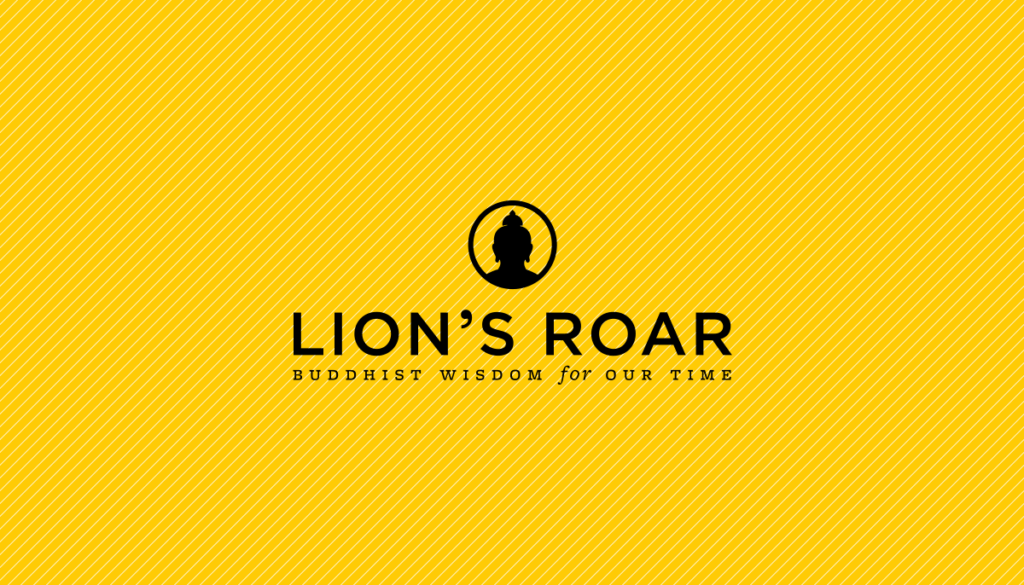Editor-in-Chief Melvin McLeod’s editorial introduction to the July 2012 issue of Lion’s Roar, reflecting on the tragic death of Raymond Taavel.
There’s an old Buddhist saying that death comes suddenly and without warning. That contemplation helps us to live each day with the wisdom that comes from knowing it might be our last. In the modern world, of course, with our medical knowledge and long life expectancy, death usually comes with considerable warning and preparation. But it did not for Raymond Taavel.
Raymond was a much-loved colleague at the Lion’s Roar for twelve years. He was assistant circulation manager, on the face of it a rather dry and geeky job. But Raymond was just the opposite: fun, cheerful, gentle, and outgoing. He was a committed Christian, a political activist, and a leader of the LGBT community in Nova Scotia. He made our lives here at the Sun more enjoyable, interesting, and meaningful.
Raymond died violently in the early hours of April 17th. He intervened in an assault that was taking place outside the gay and lesbian bar where he’d been enjoying the company of friends. The assailant, a large man with a history of violence, had been given an unescorted pass from a forensic psychiatric hospital. He turned on Raymond and killed him there on the street.
Later that day I went into Raymond’s office. I saw his running shoes on the floor, his Obama “Hope” poster we both loved, and the pen on his desk he had casually left there the night before, certainly expecting to pick it up again the next morning. As we all would.
Years ago we published a Zen calligraphy in the Sun that I’ve often pondered. It was the character shi—“death”—and the inscription read, “One who penetrates here is truly a great person.” For death is the great original koan, particularly one that comes suddenly and without warning. A pen left on a desk, and no one there in the morning to pick it up—this I confess I cannot penetrate. What I have seen clearly since Raymond’s death is love. So much love.
On the evening of his death a thousand people gathered on the street where Raymond was killed to express their love for him. They talked about his caring and quirky character and the way he brought people together with gentleness and consideration. He was described as an activist without anger, and following his example, none was expressed that evening.
Here at the Sun we came together as a grieving family, sharing tears and consolation and mutual support. Never have I felt so clearly the value of a caring community, one based on principles of spiritual practice. I think we are all very grateful to have each other. I know I am.
I would also like to express my gratitude to so many of you—our readers, friends, and partners— who have let us know that you too have been touched by and share in this loss. Many people have asked what the best way to honor Raymond’s life is. My answer is that we should continue the work he gave his life to, and possibly for—working gently and without anger toward a world in which all people feel free and safe to be exactly who they are. In a society in which that is far from true, Raymond was Raymond to his last breath. In my tradition, we call that a true warrior.
